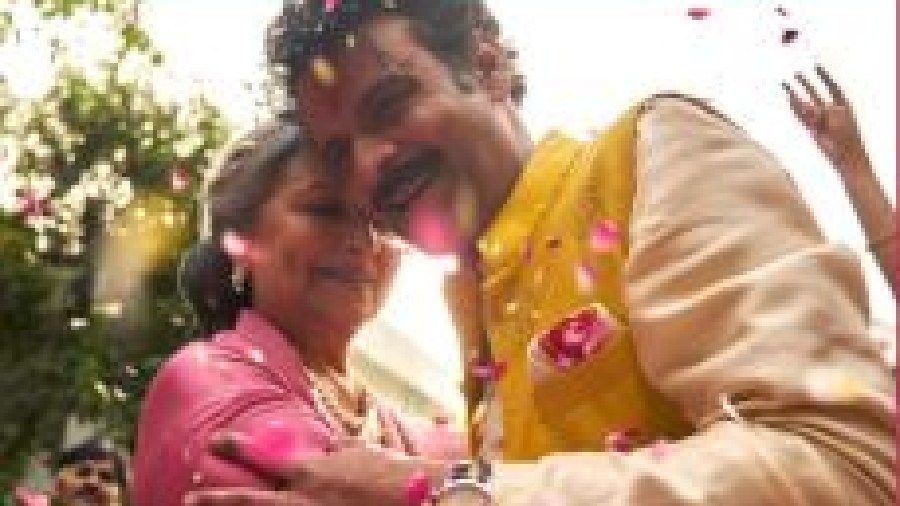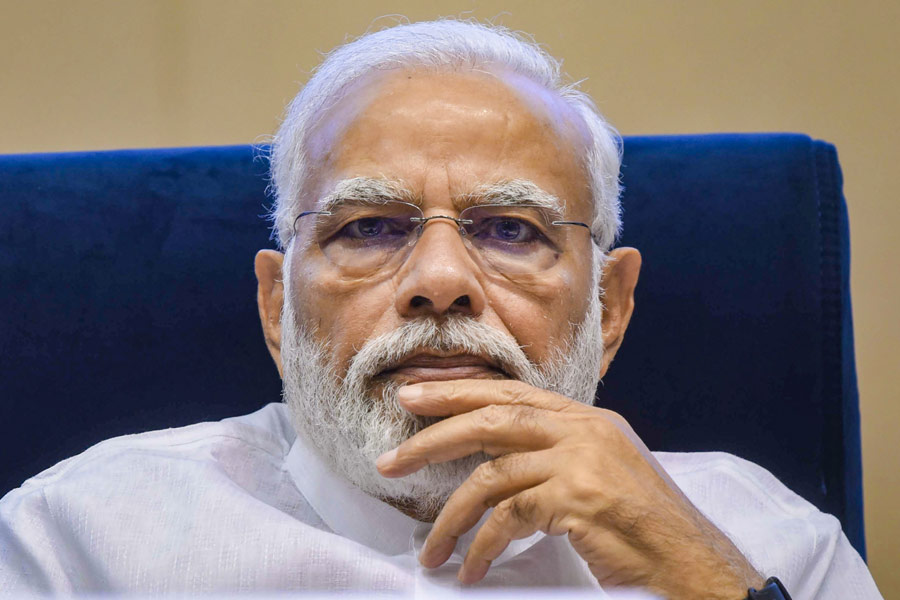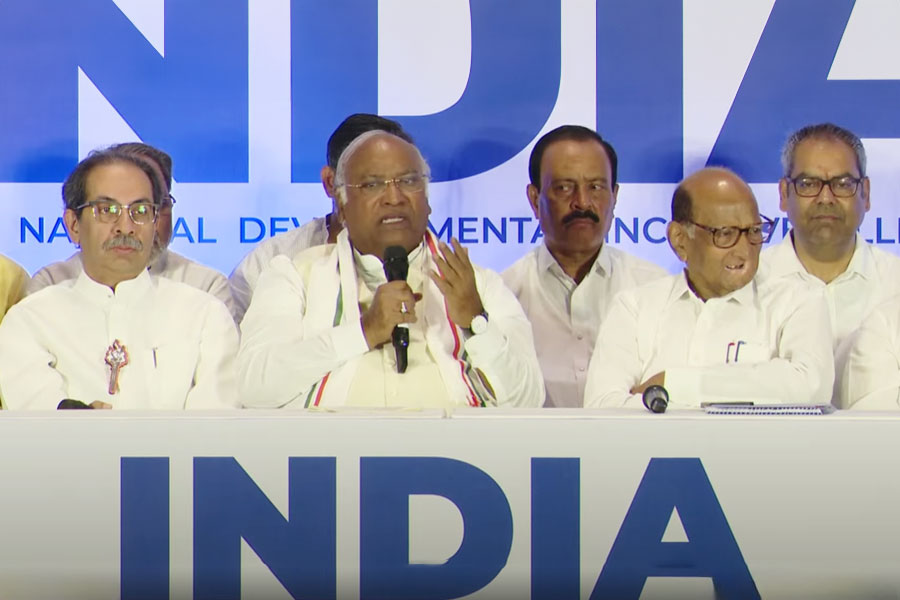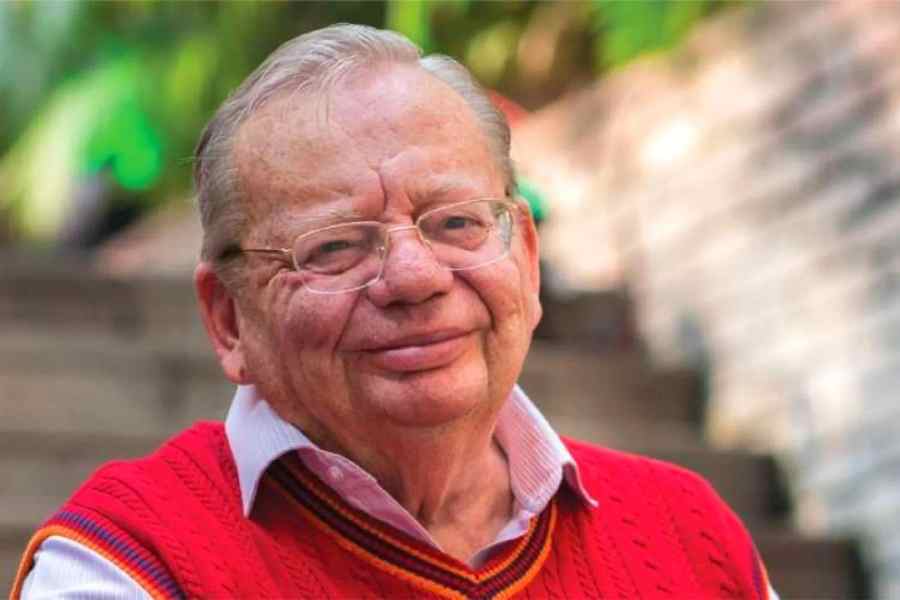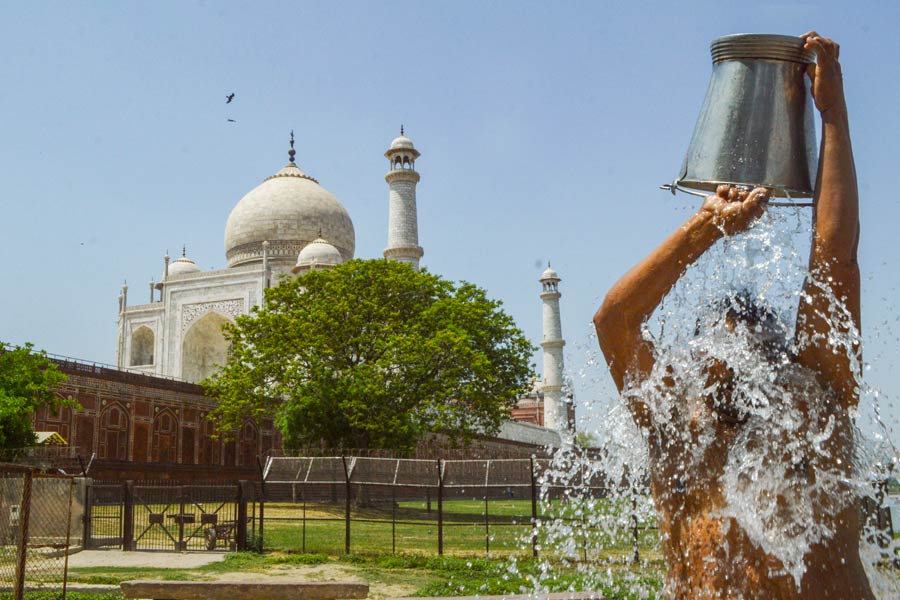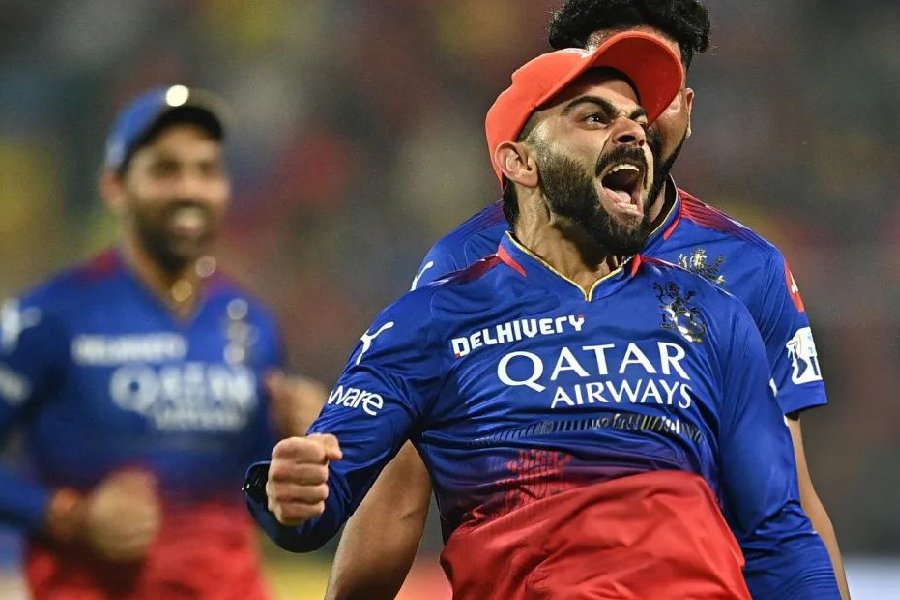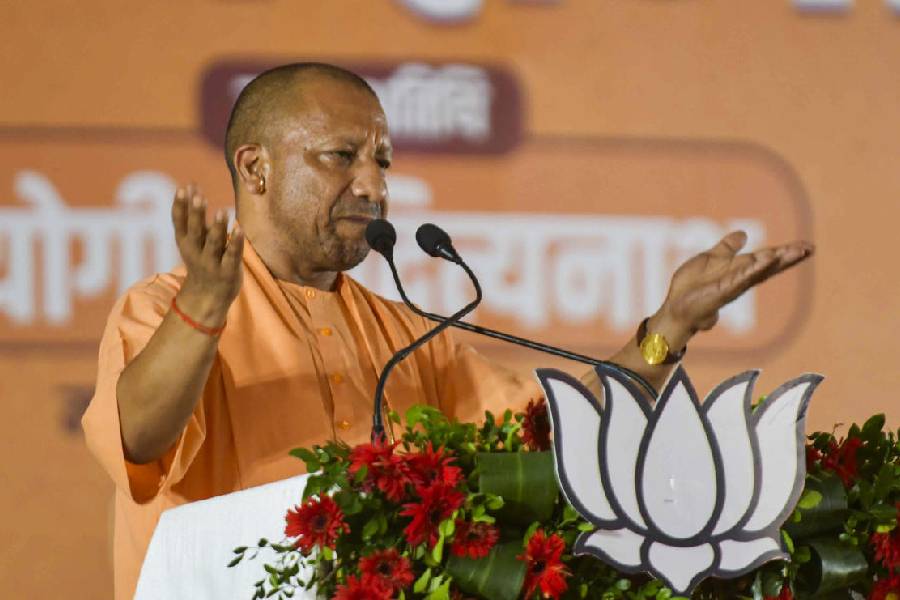While I am all for nostalgia and the myriad familiar emotions that come with it, I am always disappointed with films like Gulmohar that promise a relatable look at the dynamics of a family falling apart, but in the end, only function as a ‘woke’ checklist.
Directed by Rahul V. Chittella and comprising a cast of strong performers in Sharmila Tagore, Manoj Bajpayee, Simran, Amol Palekar and Suraj Sharma, among others, Gulmohar ticks off the obligatory boxes of Hindu-Muslim divide, thrusts in an LGBTQ character, provides a commentary on casteism and attempts to talk about the nature vs nurture debate. In the end, despite all its good intentions, the film turns out to be a case of what could have been, buoyed by only a few well-written and well-enacted moments.
Which is disheartening because Gulmohar opens with a lot of promise. The Batra family of Delhi, led by its de facto head Kusum (Sharmila Tagore), has gathered under the same roof for their last night together in their sprawling bungalow named Gulmohar. The packers are about to move in the next day, but even as the Batras and their extended family share a sip and bite, beneath the cheerful bonhomie, there lies an uneasy, nervous energy. Kusum’s son Arun (Manoj Bajpayee) can’t reconcile with the fact that his son Aditya (Suraj Sharma) has decided to live apart once they move out, and his discomfort is accentuated further by a surprise announcement made by his mother
From there on, Gulmohar had the potential to develop into a ticking time-bomb of a film — one that unwraps relationships even as the belongings of the family home are being wrapped up — but the storytelling meanders, concentrating unnecessarily on some subplots even as Chittella, and co-writer Arpita Mukherjee, superficially gloss over certain key characters.
“Kabhi kabhi toh lagta hain ek hi ghar mein rehte hain, phir bhi koi kisi ko nahi jaanta.” Gulmohar hinges on this powerful observation of the modern urban family divide and does throw up some moods and moments that exemplify this thought. The Batras suddenly realise that they had been strangers all along, each not knowing the other beyond a peripheral limit. Even as they grapple with that thought and either attempt to make peace with it or remedy it, a revelation threatens to tear them apart even further.
Playing out over 132 minutes, Gulmohar, to be quite honest, is a bit of a slog, even with the interesting idea of a home going back to being a house and a so-called family bidding goodbye to each other as the strangers they never knew they were.
Chittella, who counts Mira Nair as his mentor, doffs a hat to the filmmaker’s much-celebrated Monsoon Wedding, not only in terms of the core idea of a family gathering providing fertile ground for an angsty, pressure cooker-like situation to develop, but also in its plot point of a blossoming love story between the family’s house help and the guard. But Jatin Goswami (playing the perpetually tongue-tied Jeetendra) and Shanthy (as the feisty Reshma) are unable to conjure the playfully sweet love story between PK (Vijay Raaz) and Alice (Tillotama Shome) that formed such a delightful part of Monsoon Wedding.
Siddhartha Khosla’s music, however, tides over some of the rough moments of the film, highlighting the mental burden of the players, as they go about carrying their personal baggage and unfinished business.
Even as Gulmohar embraces some crests — the acting across the board, even with the smaller players, is top notch and Sharmila Tagore brings in a sparkling, dignified presence — a lot of it also feels stagey, with too many convenient plot points, and conflicts that assume gargantuan proportions only to be resolved with ease.
The film, however, does well in illustrating that when the men are falling apart (which they often do in this film, with Amol Palekar’s obstinate and orthodox patriarch being a rare unlikable character played by the actor), it’s the women who not only hold them together, but also hold fort. Pretty much like how it happens in life.
I liked/ didn’t like Gulmohar because... Tell t2@abp.in

